This article originally appeared in Inc Magazine.
Warren Weiss of Foundation Capital put it best when he told The Wall Street Journal: “Agriculture and water are probably the two biggest markets in the world. Everybody’s got to eat.”
Sure enough, the World Bank reports that more than 30 percent of the global workforce relies on agriculture for income. The market is far from saturated, but has slowly attracted more interest from venture capital funds.
Here are nine start-ups we’re watching:
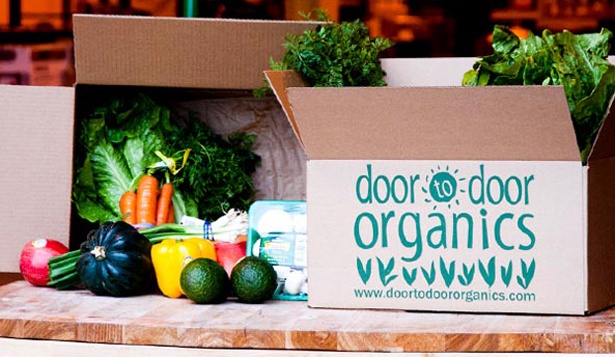
Door to Door Organics
Door to Door Organics works with local farmers to bring the freshest dairy, meat, fish, and baked goods to their customers.
For $23.99, subscribers can get a customized produce box delivered to their doorstep each week.
In August 2012, the Colorado start-up received $2 million in Series A funding from Greenmont Capital.
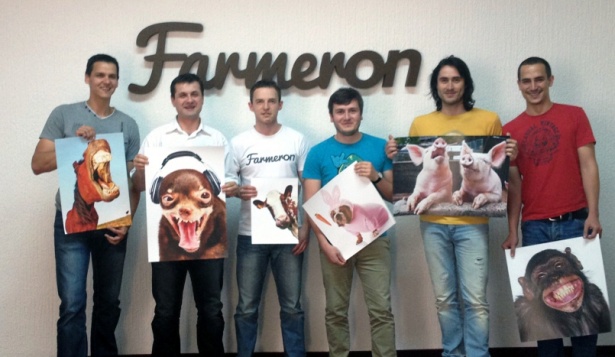
Farmeron
Farmeron helps farmers monitor their cows remotely.
They can track their fertility, feeding costs, and revenue. They can also set up feed times and other tasks in the Farmeron calendar.
Over a year ago, the 500 Startups alum raised $1.4 million in seed funds.
View Business Profile

Hawaii Oceanic Technology
Hawaii Oceanic Technology wants to overhaul deep ocean fish farming with Oceansphere, a system that has been patented in Canada, the U.S., and the Philippines.
“By farming protein in the vastness of the open ocean, we can be much more efficient than land based protein production, use no land or fresh water and reduce the carbon footprint associated with traditional fishing methods, not to mention reducing impact on wild fish populations that are already severely stressed,” Bill Spencer, CEO of Hawaii Oceanic Technology, explained.
Currently, the company owns a 247 acre site off of Hawaii, where twelve Oceanspheres produce up to 6,000 tons of yellow tuna a year. [image Courtesy Hawaii Oceanic Technology]
View Business Profile
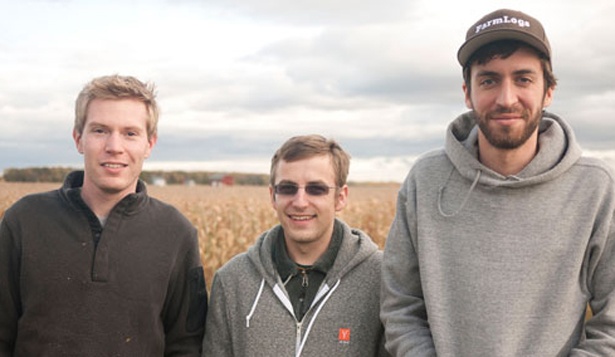
Farm Logs
Y-Combinator alum FarmLogs closed $1 million in a seed funding round earlier this year and hopes to expand its team.
The start-up’s mobile and desktop platform, which helps farmers predict and track profits, can also be used to schedule operations remotely.
As Inc. has reported, FarmLogs uses a GPS system in its mobile app to record which field the user is in and input data such as what seed they’re planting and where.
All FarmLogs’ data is stored in the cloud, making it readily available to users.
View Business Profile
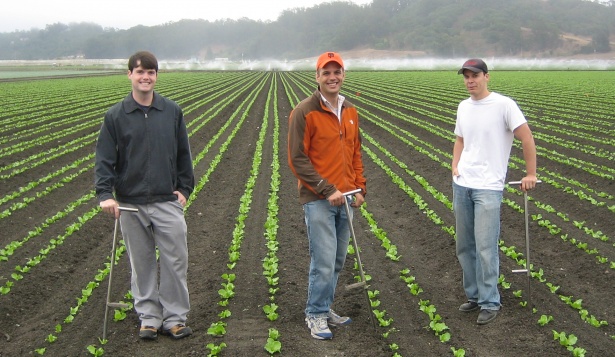
Solum
A year ago, Inc. reported on start-up called Solum, that optimizes crop output by focusing on soil. Today, Solum has a $17 million investment from Andreessen Horowitz and Khosla Ventures.
Solum’s No Wait Nitrate system measures soil-nitrate levels, while its Readout Ready field lab measures nutrients and micro-nutrients.
Both are GPS-enabled, to help farmers get a sense of their land.
View Business Profile
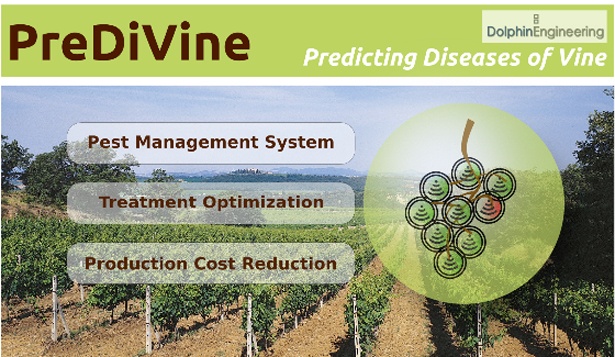
PreDiVine
Wine producers may come to rely on PreDiVine, which predicts how diseases and pests might impact your grapes.
Part of the Smart Vineyard project, PreDiVine uses wireless sensors to track micro-climate conditions, then produce a report outlining potential threats and treatments.
Not only can spotting pests cut down on costs, the system can greatly improve the quality of the grapes, not to mention the wine.
View Business Profile
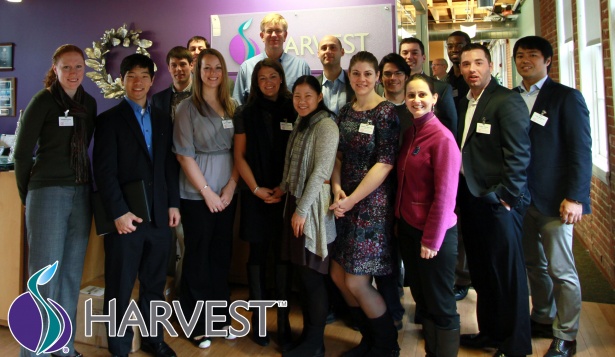
Harvest the Power
Got food scraps and yard trimmings? Harvest Power can put them to use.
Harvest Power produces renewable energy and soil, mulch, and natural fertilizers. With 28 sites based in the U.S. and Canada, the company manages over 2 million tons of organic waste and has sold about 29 million bags.
Harvest Power’s investors include Kleiner Perkins Caufield and Byers, Generation Investment Management, and Munich Venture Partners.
View Business Profile
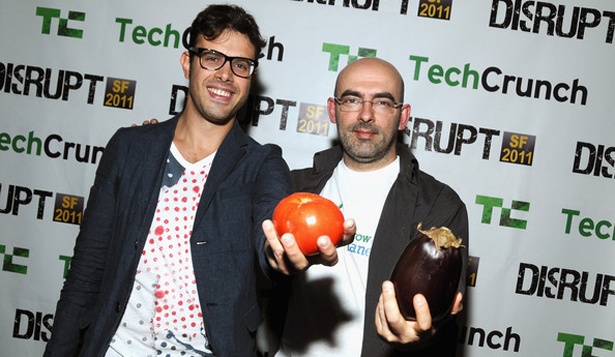
Grow the Planet
Want to plant a garden, but don’t know how? Look no further than Grow the Planet, which launched during TechDisrupt in 2011.
Described as “a social network for hobby farmers,” the site is divvied into sections such as Community, Learn, Grow, and Swap. Users can solicit advice, swap produce, and browse recipes.
For serious farmers, the start-up offers geo-location tools. [Araya Diaz/Getty Images]
View Business Profile
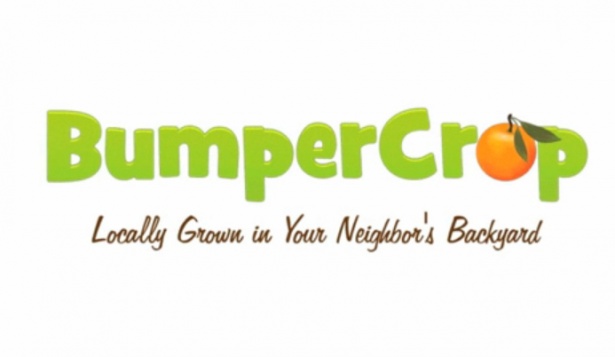
BumperCrop
With Grow the Planet, farmers sell produce they don’t consume on a site called BumperCrop. This fall, the produce marketplace rolls out a beta version of its program in several cities, connecting shoppers with local farmers.
The start-up, which took home the silver medal at a 2012 competition held at SXSW Interactive, isn’t shy about its desire to connect with potential investors either.
“A rich harvest always begins with a good seed,” says the site. “We are passionate about growing not only our crops but our business as well.”




One response to “Top 9: These Green Start-Ups May Disrupt Your Dinner”